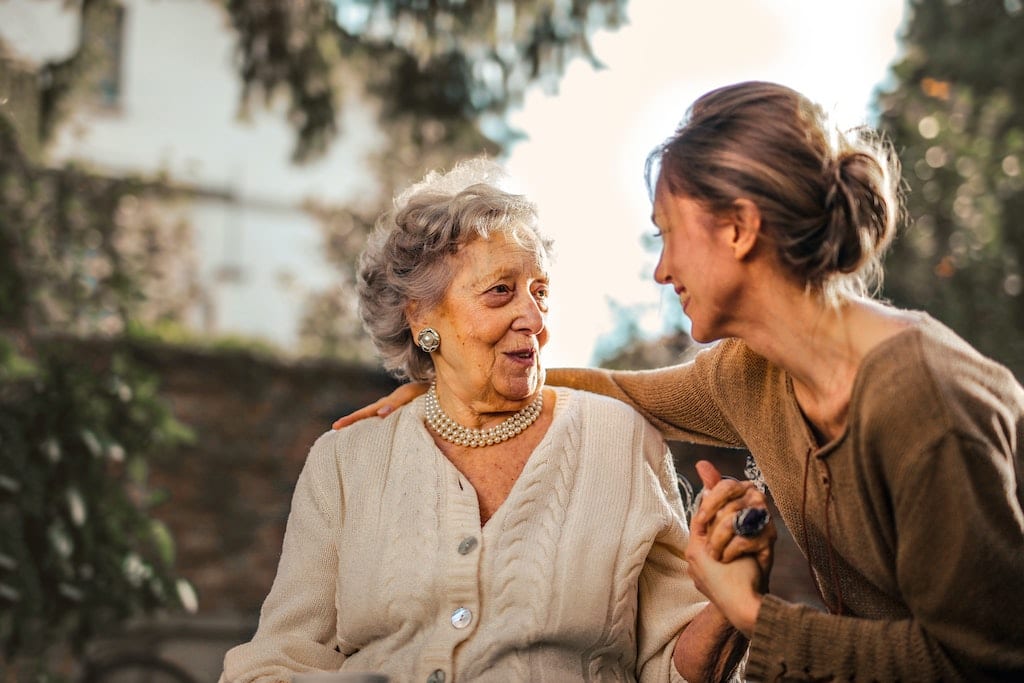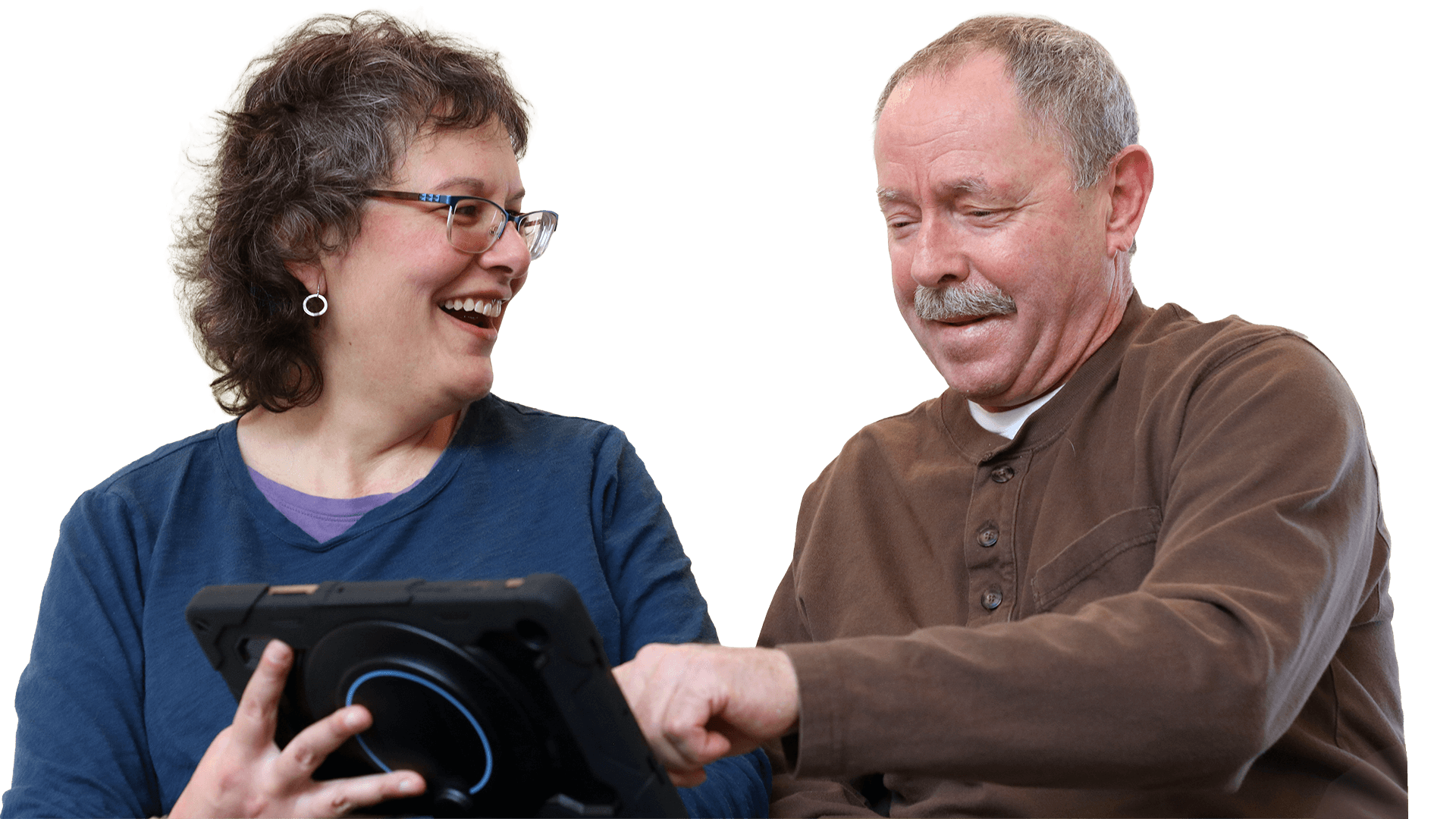
By guest author: Devin Fisher, M.S., CCC-SLP
Hello, parents, patients, and caregivers! I wanted to broach an important topic that I feel cannot be discussed enough. When you are taking care of someone else, don’t forget to take care of yourself. You’ve probably heard that you need to put on your own oxygen mask in a plane before you help to don somebody else’s. I think this statement can also somewhat apply to all you caregivers out there. Whether you’re taking care of your significant other, your daughter, your son, your ward, your parent, or anyone in between, you need to (to the best of your ability) take care of yourself as well.
Allow Yourself Some ‘You’ Time
Constantly being with those dependent upon you can be a tiring experience, so it is important to set aside time for yourself. Even if it is just little moments in the day, it can make a huge difference for your well-being. Little breaks such as changing your environment or taking a step outside can be beneficial for you. It is also okay to verbalize when you need some time to yourself and you can try to prepare the one you care for by letting him/her know that from 6 p.m.–7 p.m. (for example) you plan to read by yourself.
Of course, there are barriers to such instances of ‘you’ time, but there has to be a balance. Otherwise, you are much more likely to overextend yourself or overdo it. Then, you won’t be able to as effectively help others or yourself.
Take Care of Your Mental Well-Being
Whatever brings you peace or a sense of well-being, practice it regularly. Meditation, prayer, and mindful breathing can help you to destress and refocus. Try to set aside a set time to practice mental well-being; however, that looks for you. If you’re feeling overwhelmed, allow yourself some time to relax. Know what makes you happy. Listen to music, read from a favorite book, or go for a brief walk. Then, tackle the current challenge you’re facing.
Take Care of Your Physical Well-Being
Research has shown that exercise is important for overall health, but also for general well-being. It functions as an effective de-stressing tool. Strive to establish a regular exercise routine and stick to it. Depending on how you plan your exercise, this may also be a golden opportunity for some ‘you’ time. Put on your favorite tunes, audiobook, or podcast, and work on yourself.
Most of life’s stresses can wait and exercise can help you to be more ready to face a given day’s issues. Additionally, realize that exercise doesn’t have to involve an hour-long routine; quick exercise sets squeezed in throughout the day can also be quite beneficial.
Talk About How You’re Thinking and Feeling in a Healthy Way
I feel that it is all too common for people to suppress their thoughts and feelings relative to any given situation and keep feelings and thoughts pent up inside rather than sharing them. This may not need to be said, but I’m going to say it anyway. This is not good for you or those around you. I often find myself telling this to patients as well.
Withholding thoughts and feelings especially revolving around stressors related to disorders, diseases, and associated symptoms can have a negative impact over time; that will likely increase progressively until these thoughts and feelings are effectively addressed. I acknowledge that sharing these thoughts and feelings are likely not going to be easy. I don’t claim to fully relate or understand either. I’ve likely not been in your given situation, but I personally have seen the benefit of opening up and sharing more with my loved ones.
By doing this, I’ve grown closer to them and they have grown closer to me. Vulnerability is scary, but it is necessary to maintain a healthy balance between a caregiver and a loved one. Strive to be candid, be kind, and be understanding in your interactions when discussing these heavier topics.
Be open to feedback and be ready to compromise. However, your feelings matter as much as anyone else’s, so please take care of yourself. Then, you can take care of those around you.
About the author:
Hi, my name is Devin! I’m a practicing speech-language pathologist in Las Vegas, Nevada. I care deeply about helping others and hope to help many people locally and abroad. I started Speak Up, Think Up! to get more resources into the hands of those that need them.
About Contributor
Lingraphica helps people with speech and language impairments improve their communication, speech, and quality of life. Try a Lingraphica AAC device for free.













